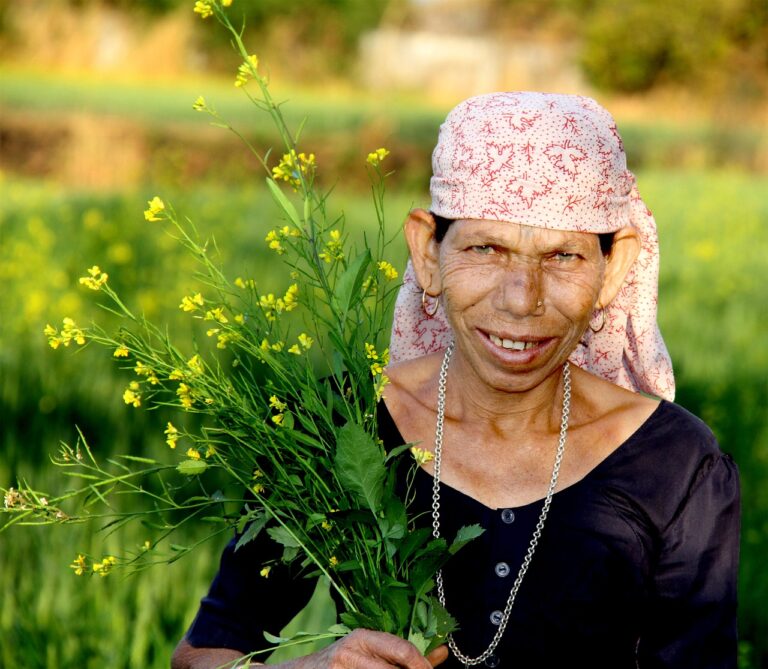Election Monitoring and Observation: Safeguarding Electoral Integrity
Elections serve as a cornerstone of democratic societies, embodying the voice and will of the people. However, the threat of electoral fraud and irregularities can undermine the integrity of the electoral process, casting doubt on the legitimacy of election outcomes. Monitoring elections plays a crucial role in upholding the principles of free and fair elections, ensuring transparency, accountability, and trust in the democratic governance system. By observing and reporting on electoral processes, election monitoring serves as a safeguard against manipulation and malpractice, ultimately promoting the credibility and legitimacy of election results.
Types of Election Monitoring
Election monitoring can be classified into two main categories: domestic monitoring and international monitoring. Domestic monitoring involves monitoring conducted by local authorities, civil society organizations, and citizens within their own country. This type of monitoring is essential for ensuring transparency and accountability in the electoral process. On the other hand, international monitoring refers to monitoring carried out by international organizations, foreign governments, and independent observer groups from other countries. International monitoring plays a crucial role in providing an external perspective on the conduct of elections and is particularly important in cases where the domestic monitoring process is compromised or lacks credibility.
• Domestic monitoring involves local authorities, civil society organizations, and citizens within their own country
• Essential for ensuring transparency and accountability in the electoral process
• International monitoring is carried out by international organizations, foreign governments, and independent observer groups from other countries
• Provides an external perspective on the conduct of elections
• Particularly important in cases where domestic monitoring process is compromised or lacks credibility
The Role of International Organizations
International organizations play a crucial role in ensuring the transparency and fairness of elections across the globe. Organizations such as the United Nations, European Union, and Organization for Security and Cooperation in Europe often deploy election monitoring missions to assess the conduct of elections in various countries. These organizations provide an impartial assessment of the electoral process, help identify irregularities, and offer recommendations for improvement.
By monitoring elections, international organizations contribute to the promotion of democratic values and human rights worldwide. Their presence helps deter electoral fraud and manipulation, fostering public trust in the democratic process. Additionally, international election monitoring missions help build capacity and strengthen institutions in countries with emerging democracies, ultimately supporting the consolidation of democratic governance.
Why do international organizations monitor elections?
International organizations monitor elections to ensure they are free, fair, and transparent. By observing the electoral process, these organizations can help promote democracy and prevent fraud or irregularities.
What are the different types of election monitoring?
There are two main types of election monitoring: domestic monitoring, which involves local organizations and citizens monitoring the election process, and international monitoring, which involves international organizations overseeing the election.
What role do international organizations play in election monitoring?
International organizations play a crucial role in election monitoring by providing expertise, resources, and credibility to the process. They help ensure that elections meet international standards and are conducted in a transparent and democratic manner.







